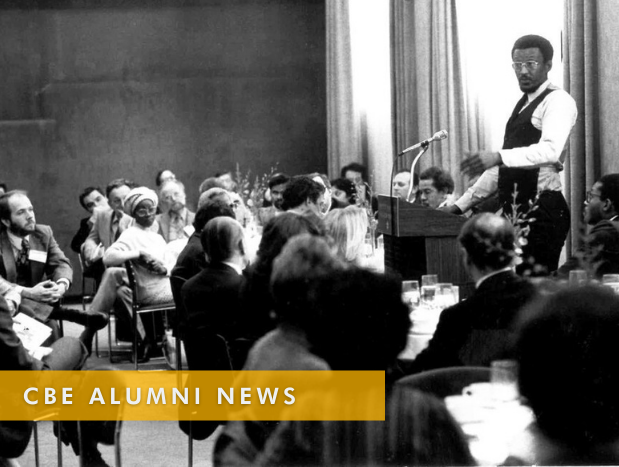A distinguished conservative economist, author, and political commentator, Walter E. Williams passed away earlier this winter at the campus of George Mason University in Northern Virginia, where he had taught for 40 years. Known for his profoundly skeptical views of government efforts to aid his fellow African Americans and other minorities, the public intellectual moved seamlessly between the classroom and other public forums, including through his syndicated column and radio hosting as a substitute for his conservative counterpart, Rush Limbaugh.
He penned nearly a dozen books, including “The State Against Blacks,” which was the subject of a 2014 PBS documentary, “Suffer No Fools.” He would go onto argue that many well-intentioned government programs, including minimum wage and a law mandating union wages on federal construction projects ultimately hurt disadvantaged citizens, especially Black people.
During his time studying at Temple University, he was drafted into the Army. At Fort Stewart in Georgia, he could recall learning firsthand that President Harry S. Truman’s 1948 executive order banning discrimination in the armed forces did nothing to prevent Black soldiers from being assigned the most menial jobs. Whether that had any role in him being a rebellious soldier – is up for debate.
Mr. Williams was eventually ordered to Korea where he once checked “Caucasian” on an official form to avoid an unpleasant work assignment. Landing the job of a postal clerk, he wrote letters to various officials complaining of racial discrimination.
Returning to California after his discharge from South Korea, Mr. Williams enrolled at Cal State LA. Intending to study sociology, he switched to economics after encountering the work of W.E.B Du Bois, who argued that capitalism was a major source of racism. Graduating with his Bachelor’s in Economics, Mr. Williams later said that he came to see economics “as a struggle for liberty.”
He later went onto obtain his master’s and doctoral degrees from UCLA, where he traced the beginning of his political evolution – when he initially turned away from liberal ideologies and beliefs.
“I probably become a libertarian,” he said, “through exposure to my tough-minded professors who encouraged me to think with my brain instead of my heart.”
